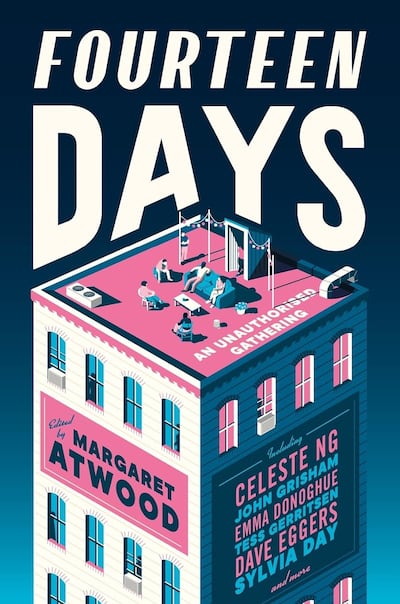If you were to reconnect with the person you were at the time Covid-19 was declared a pandemic on March 11, 2020, would you have dared to believe that the world would be more complicated today than it was back then?
It is virtually impossible to argue that we live in easier times now, given the unceasing conflict in Gaza, which has claimed tens of thousands of lives since the October 7 attacks on Israel. The contours of conflict also run through Lebanon, where a Hamas commander was killed in the south of the country on Wednesday, and through Yemen, where the Houthis continue to attack and disrupt global shipping. Sudan’s warring parties flexed their muscles again this week. Further afield, the Ukraine war has entered its third year and Haiti has experienced a new round of violence. Conflict simmers and boils all around the world.
But, back then in March 2020, when World Health Organisation director general Dr Tedros Adhanom Ghebreyesus said that his organisation was “deeply concerned both by the alarming levels of spread and severity” and declared a pandemic, it felt that this was a moment in history that was without equal or precedent.
The collaborative novel Fourteen Days, published last month by Chatto and Windus, which is set over two weeks of the first period of the pandemic, provides persistent reminders of that period, of which the anniversary is upon us again.
It charts the experiences of a group of New Yorkers “left behind” in the city in the grandly named but thoroughly downtrodden Fernsby Arms, a tenement building that has survived long past its sell-by date. The volume is edited by Margaret Atwood and Douglas Preston, and features contributions from John Grisham, Emma Donoghue, Dave Eggers, Sylvia Day, Atwood and many more.

As the pandemic progresses, the building’s occupants gather on its roof each evening and the reader slowly slips back into the lingua franca of 2020 with its clapping for carers, the practice of deliberate social distancing and even the binge-watching of Netflix’s Tiger King, released just as the world was shutting down.
The book is, as a note at the beginning articulates, an attempt to “make sense of the senseless and bring order to disorder”. Critics have called it a mixed bag, as befits a multi-author effort, and an “enjoyable product of an unenjoyable time”. It’s both, but it’s also a time capsule and an aide memoire to the reader to recall their own pandemic experiences.
As a loose piece of historical fiction, Fourteen Days sent this reader back to what was happening in this country at that time. In the UAE, schools had been placed on early spring break recess at the beginning of March 2020 and public places were being gradually closed. The government announced the first of a series of economic stimulus packages in mid-March 2020. Response mechanisms were being mobilised by the hour.
There were less than 500 cases in the country at that point, but as the WHO’s Dr Tedros had said the week earlier about the direction the world was heading in, “we have rung the alarm bell loud and clear”. All passenger flights were halted to and from the UAE from March 25, 2020. The world was shutting down.

The last picture I have on my phone from an all but empty Khalifa Park newsroom in Abu Dhabi is a snatched frame taken on the same day as the first mandatory shelter-in-place orders were about to be introduced. There is an end-of-era feeling about the image. It would be months before we returned.
Returning to 2024, on the anniversary of the Wuhan lockdown in January, this newspaper asked whether we would ever see a return to similar-style measures? The unsigned leader that answered that question was written amid concerns about the existence of Disease X and following comments made by Dr Tedros about pandemic preparedness at the World Economic Forum in Davos. Our editorial concluded that “the 2020 Wuhan lockdown is a warning from history, and it is up to all of us to learn the lessons from those dark days”.
As the title of Fourteen Days hints at, back then we may have clung to the idea that a short sharp shock was all that was needed before life returned to normal. It turned out to be a far longer journey with far more bumps on the road than had been anticipated. Not many would ever argue the case for blanket lockdowns in the future.
The pandemic was not deemed to be “over” by the WHO until May last year. That was an announcement made without fanfare and will almost certainly be an anniversary that passes unnoticed in a few weeks from now.
That is how it should be. There is too much else to be concerned about in the world right now.


